
Product
Epivir (Generic) 150 MG
$99.00 – $495.00
Epivir is an antiviral medication that prevents HIV cells from multiplying in your body, which causes the acquired immunodeficiency syndrome (AIDS). GENERIC MODEL ‘LAMIVIR’ WILL BE SHIPPED.
- MANUFACTURER:
- SALT COMPOSITION:
General information
Epivir belongs to a class of drugs known as nucleoside reverse transcriptase inhibitors (NRTI). It is used with other medications to treat AIDS and HIV. It is not a cure for HIV or AIDS and it does not prevent the spread of HIV to others through sexual contact or blood contamination. This medication may also be used to prevent HIV infection after contact with the virus.
Directions
Take Epivir exactly as prescribed by your doctor. Take this medication by mouth with or without food, usually once or twice daily. The recommended dose for treating HIV or AIDS in adults is 150 mg twice daily or 300 mg once daily. For children age 3 months to 16 years old, the recommended dose is based on weight, about 4 mg per kilogram twice daily (up to a maximum of 150 mg twice daily). A lower dosage may be recommended for people with kidney problems. Take Epivir at the same time every day to maintain an even level of the medication in your blood.
Precautions
Before taking Epivir you should talk with your doctor if you had inflammation of the pancreas (pancreatitis) in the past, or if you have liver disease, liver failure, cirrhosis, hepatitis, kidney disease, kidney failure, any allergies. This drug may make you dizzy. Do not drive or perform tasks that require alertness. Avoid alcoholic beverages. Alcohol may increase your risk for liver problems or pancreatitis. Tell your doctor if you are pregnant or breastfeeding.
Contraindications
You should not take Epivir if you are allergic to it, lamivudine, or any inactive components of the medication.
Drug interactions
Tell your doctor about all other medications you use, especially: interferon, ribavirin, zalcitabine, trimethoprim. Interaction between two medications does not always mean that you must stop taking one of them. Tell your doctor or prescriber about all prescription, over-the-counter, and herbal medications you are taking.
Missed dose
Take the missed dose as soon as possible. Skip the missed dose if it is time for your next scheduled dose. Don’t take extra medicine to make up the missed dose.
Overdose
The overdose symptoms are unknown. If you think you have overdosed the medicine seek emergency medical help at once.
Storage
Store the medicine at room temperature between 59-77 degrees F (15-25 degrees C) away from light and moisture. Do not store the drugs in the bathroom. Keep all drugs away from reach of children and pets.
Note
The information presented at the site has a general character. Note please this information cannot be used for self-treatment and self diagnosis. You should consult with your doctor or health care adviser regarding any specific instructions of your condition. The information is reliable, but we concede it could contain mistakes. We are not responsible for any direct, indirect, special or other damage caused by use of this information on the site and also for consequences of self-treatment.
Possible side effect
Get emergency medical help if you have headache, dizziness, nausea, diarrhea, trouble sleeping, strange dreams, depression, numbness of hands or feet, muscle weakness, stomach or back pain, bleeding, rapid heartbeat, pale skin, swelling of the face, tongue, throat, trouble breathing, hives, jaundice (yellowing of the skin or eyes), dark urine, loss of appetite, fever, chills, body aches, joint pain. If you notice other effects not listed above, contact your doctor.


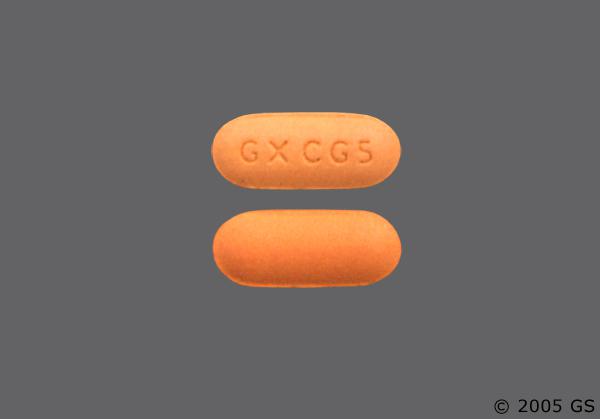
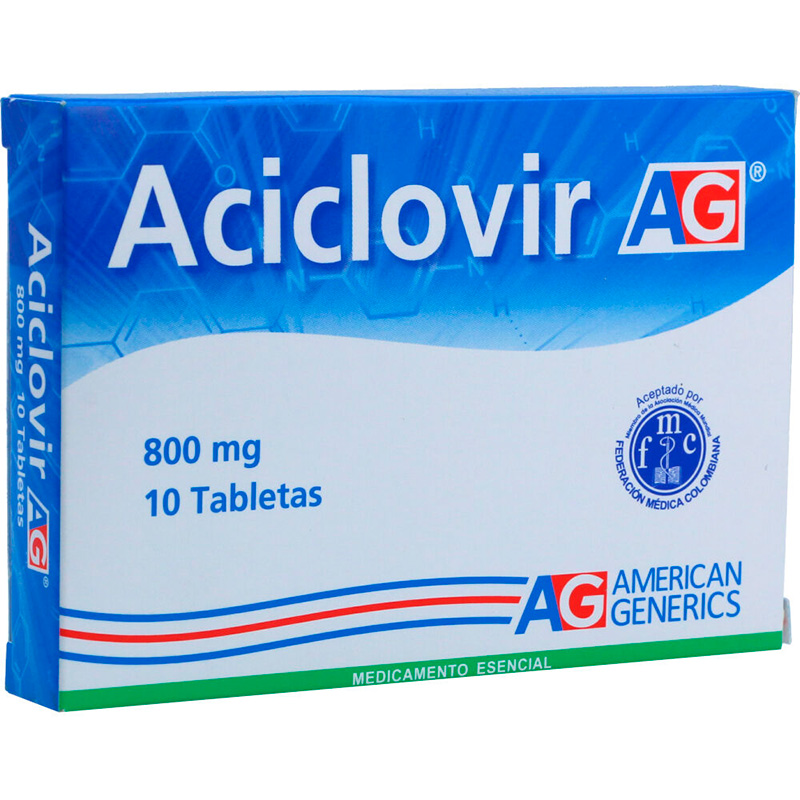

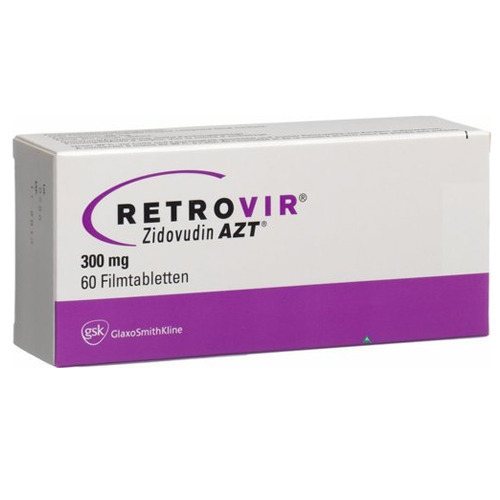
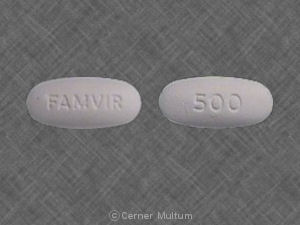
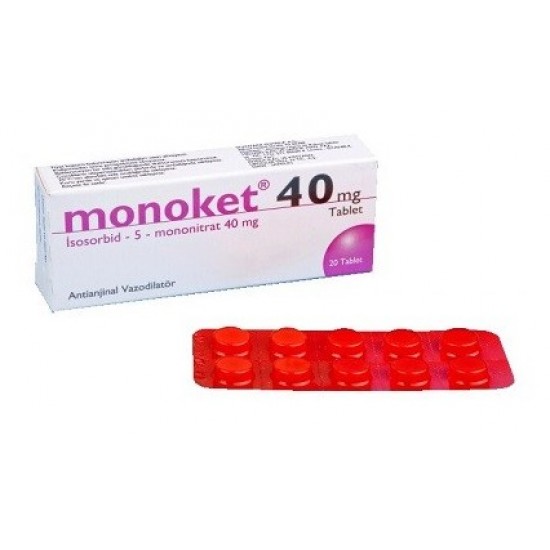

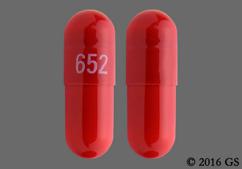
Reviews
There are no reviews yet.